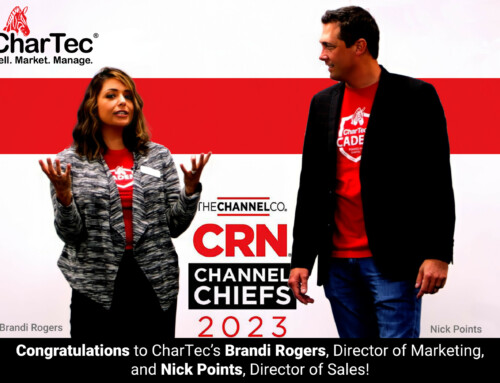Since the dawn of time, psychopathy has been positioned as a negative “grouping of personality characteristics” – the makings of a serial killer or the beginnings of an epic con man. But, in all reality, is psychopathy really such a bad thing?
Think about it for a minute.
It’s been said that out of every 100 people, one person is a true-to-form psychopath. In other words, they meet every requirement on the checklist of psychopaths: glibness, manipulation, callousness, lack of emotion, heightened sense of self-worth, lack of empathy, and so on and so forth. And while, yes, all of this does sound like a rather negative grouping of characteristics – like someone you really don’t want to be around – it’s also been said that the percentage of psychopaths rises from 1% to 4% when you’re speaking in terms of CEOs and business leaders. If you were to take a stroll down Wall Street, this number would then climb on up to a frightening 10%.
Now we’re getting somewhere.
In 2012, the author of The Psychopath Test, Jon Ronson, delivered a TED Talk on the gray areas between a completely sane person and the run-of-the-mill psychopath. During his talk, he claimed that the rise of psychopathy within leaders and CEOs is rooted deep within capitalism itself – “a form of psychopathy that has come down to affect us all” and a societal structure that “rewards psychopathic behavior.”
And if you really think about it, justifying psychopathic behavior tendencies is an easy thing to do for any leader – and even for any person looking in on a leader. A heightened sense of self-worth means you believe in yourself. A lack of emotions means you make decisions based on sound judgment. And glibness is just your way of making business connections and building relationships.
However, it seems that now, more than ever, the state of the business world and leadership, in general, is shifting. Millennials, the largest living generation, prefer to back socially responsible brands, ideas, and people. They like authenticity; they love natural, high-quality products, and they refuse to put up with companies or people who don’t love authenticity and natural, high-quality products just as much as they do. Basically, if Millennials were a cereal, they’d be Fruity Pebbles. All the way.
But the hard part about all of this it that you could be fighting a losing battle. Those psychopathic tendencies can make you an unbreakable business force but, then again, there’s a huge segment of the population that just won’t have it. So, obviously, you only have one option.
To become the Fruity Pebbles of psychopaths. Here are a few suggestions to keep in mind.
- Don’t let emotions control your decisions, but make sure your employees (and the public if necessary) understand why you make the decisions you make, especially if they affect many people in the organization. Sometimes this will require more work on your end, but it will make the workplace less hostile and communication more open, leading to an overall better culture.
- It’s important to work on yourself. You should definitely be concerned with how you look to the public and to your clients. But at the same time, you should also be mindful of how your staff views you. If you’re too concerned with yourself, then your staff will either learn to hate you or learn to avoid you – neither of which is good for business. You are important but so are your employees. Work on them just as much as you work on yourself.
- Nowadays, consumers rule the business world, and they can do without the insincerity and shallow, superficial connections. This doesn’t mean you completely forget about glibbin’ things up, though. This just means you have to become the master of glib. Become better at connecting with others on-the-go and in a way that leaves a lasting and positive impression. This skill will pay off in more ways than you can imagine. But don’t overanalyze this skill, because if you stop to think about it, you might find that you’ve become even more of a psychopath…






Leave A Comment